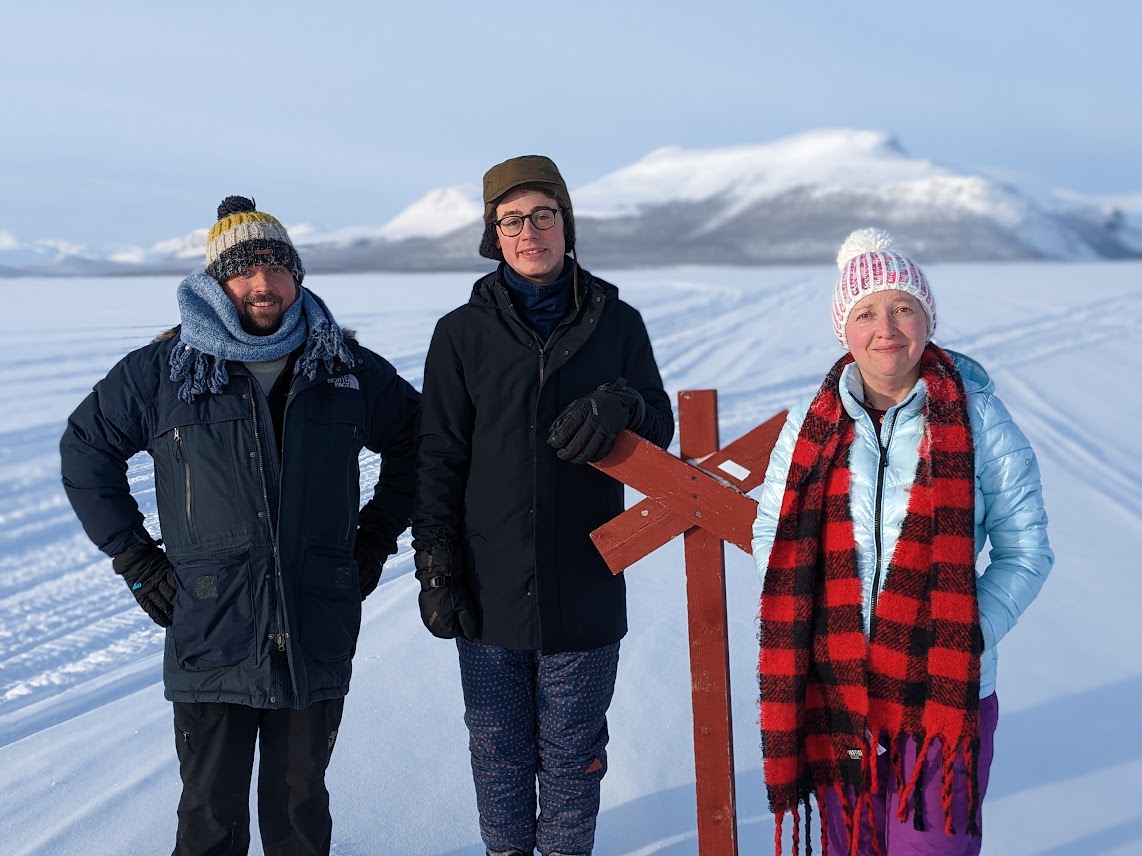Working in set theory without powerset
This is a talk at the Arctic Set Theory Workshop, University of Helsinki, February 22, 2023.
Slides
Abstract: Many natural and useful set-theoretic structures fail to satisfy the Powerset axiom. For example, the universe of sets can be decomposed into the $H_\alpha$-hierarchy, indexed by cardinals $\alpha$, where each $H_\alpha$ consists of all sets whose transitive closure has size less than $\alpha$. If $\alpha$ is a regular cardinal, then $H_\alpha$ satisfies all axioms of ${\rm ZFC}$ except, maybe, the Powerset axiom (it will only satisfy Powerset if $\alpha$ is inaccessible). Class forcing extensions of models of ${\rm ZFC}$ will often fail to satisfy ${\rm ZFC}$, but if the class forcing is nice enough, then it will preserve all the axioms of ${\rm ZFC}$ except, maybe, the Powerset axiom. Finally, a strong second-order set theory, extending Kelley-Morse by adding a choice principle for classes (Choice Scheme), is bi-interpretable with a strong first-order set theory without the Powerset axiom. Thus working in a strong enough second-order set theory can be reinterpreted as working in a strong first-order set theory in which the Powerset axiom fails.
It turns out that simply taking the axioms of ${\rm ZFC}$ and removing the Powerset axiom does not yield a robust set theory. I will discuss robust (and strong) axiomatizations of set theory without Powerset and how much of the standard set theoretic machinery is still effective even in the strongest theories in the absence of Powerset. Because of the bi-interpretability of a strong set theory without Powerset with Kelley-Morse plus Choice Scheme, these results will have consequences for which set theoretic machinery continues to work in set theories with classes.
Time permitting, I will also talk about some unexpectedly strange models of set theory without Powerset.


